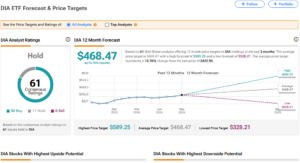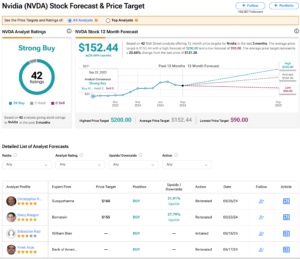Credit Sesame’s personal finance news roundup September 28, 2024. Stories, news, politics and events impacting personal finance during the past week.
Key inflation measure remains mild in August 2024
The Personal Consumption Expenditures (PCE) price index rose by just 0.1% in August. That gave it a total increase of just 2.2% for the past 12 months. The PCE price index is the preferred inflation measure of the Federal Reserve. Personal income for August grew by 0.2%, or 0.1% over the inflation rate. See details at BEA.gov.
Consumer credit strain intensified as delinquencies rise
TransUnion’s August Credit Industry Snapshot showed more signs of increasing risk among consumer credit products. Delinquency rates measuring late payments were up for auto loans, credit cards, and personal loans. They did decline for mortgages. The average amount consumers owe on bank credit cards rose by $40 during the month to $6,344. Despite this, credit card companies continue to extend credit to consumers. The average credit line available to consumers rose over the past month. See details at TransUnion.com.
Household income growth easily outpaced inflation in 2023
The average pre-tax household income in the United States grew 8.3% last year. Meanwhile, the average household increased spending by 5.9%. Both figures are higher than the 4.1% inflation rate for 2023. Housing was the biggest spending category, representing nearly a third (32.9%) of household expenses. Transportation was the next biggest spending category, at 17.0% of the total, and food was third at 12.9%. See details at BLS.gov.
Mortgage rates fall to lowest level since September 2022
30-year mortgage rates fell by just 0.01% last week, but it was enough to bring them to the lowest level since September 2022. 30-year rates now average 6.08%. In total, 30-year rates have fallen by 0.53% since the year began and by 1.71% since peaking in October of 2023. See mortgage rate details at FreddieMac.com.
FedEx earnings signal a warning for the economy
FedEx saw its stock drop by 15% in one day following a disappointing earnings report. The company’s earnings were 24% below the level analysts expected. FedEx gets a lot of its revenues from delivering online purchases to consumers, and investors took the weak earnings as a negative sign for consumer spending in general. Investors also began to lose some of their euphoria over the Fed’s rate cut last week. In the wake of the FedEx earnings disappointment, some began to interpret the Fed’s large rate cut as a sign of serious concern about the economy. See article at Yahoo.com.
Consumer confidence fell sharply in September 2024
The Conference Board’s Consumer Confidence Index fell by 6.5% in September. The decline was the steepest since August 2021. The index remained within a range that it has maintained over the past two years, though now sits near the bottom of that range. The Expectations Index, a component of the Consumer Confidence Index that measures consumers’ near-term outlook for the economy, fell by 5.3% to 81.7. However, even with the decline it remained above 80. Falling below that level has traditionally been associated with recessions. One reason for consumer pessimism seems to be a misreading of inflation conditions. The average inflation expectation for the next 12 months rose to 5.2%, even though inflation has dropped to 2.5% over the past year. See news release at Conference-Board.org.
Visa hit with anti-trust lawsuit
The Department of Justice (DoJ) has filed an anti-trust lawsuit against Visa. The DoJ alleges that Visa has used anti-competitive practices to protect its 60% market share of processing debit card transactions. Visa earns a swipe fee every time a transaction is processed through its network. The DoJ lawsuit describes a pattern of Visa making agreements with potential entrants into the market to keep them from launching competing products. It also claims Visa has penalized merchants who don’t process all their transactions through Visa’s network. For its part, Visa argues that consumers and merchants choose Visa for its secure network and advanced fraud protections. See article at Reuters.com.
Falling mortgage rates spur flurry of refinancing
With 30-year mortgage rates falling for eight straight weeks, some homeowners find refinancing attractive. The Mortgage Bankers Association reported that mortgage applications were up by 11% last week, led by a 20% increase in refinance applications. In contrast, falling mortgage rates have done little so far to loosen up the home-buying market. The seasonally-adjusted Purchase Index was up by just 1% last week and is just 2% higher than it was a year ago. See details at MBA.org.
Weekly news headlines from Credit Sesame
Read the full article here
















